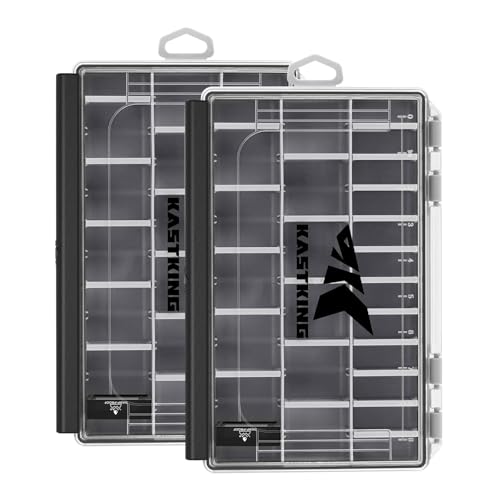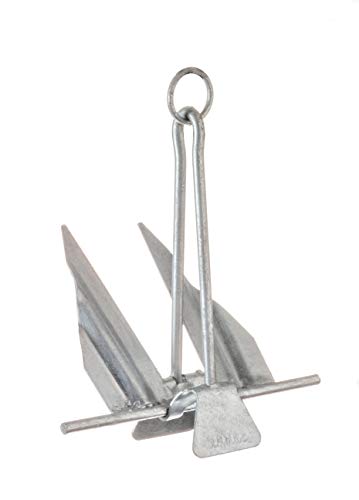A battery will normally lose only @5% per mo. Batteries many times sit for months before they're first sold. You guys know how to read date codes right? I've seen year old batts on the shelf at Walmart. So a 6 mo winter nap shouldn't do any harm. As long as there isn't a draw on it.
As for gunk inside the battery, that happens inevitably. No matter what. The good news is you can filter out the gunk and return the battery to nearly new level of performance. Hate to admit it, but get so bored at times I like to mess with old batteries and almost always can get em working well again. Drain, flush with bicarb, shake, clear flush, charge with epsom salts. Charge, discharge, overcharge, trickle awhile, drain dead. Do it a few times. Drain. Fill back up with filtered saved electrolyte and pretty much good as new again. Not sure how well this works on trolling batteries. I suspect these refurbs have diminished reserve, but don't know. Works great for cranking types.














































